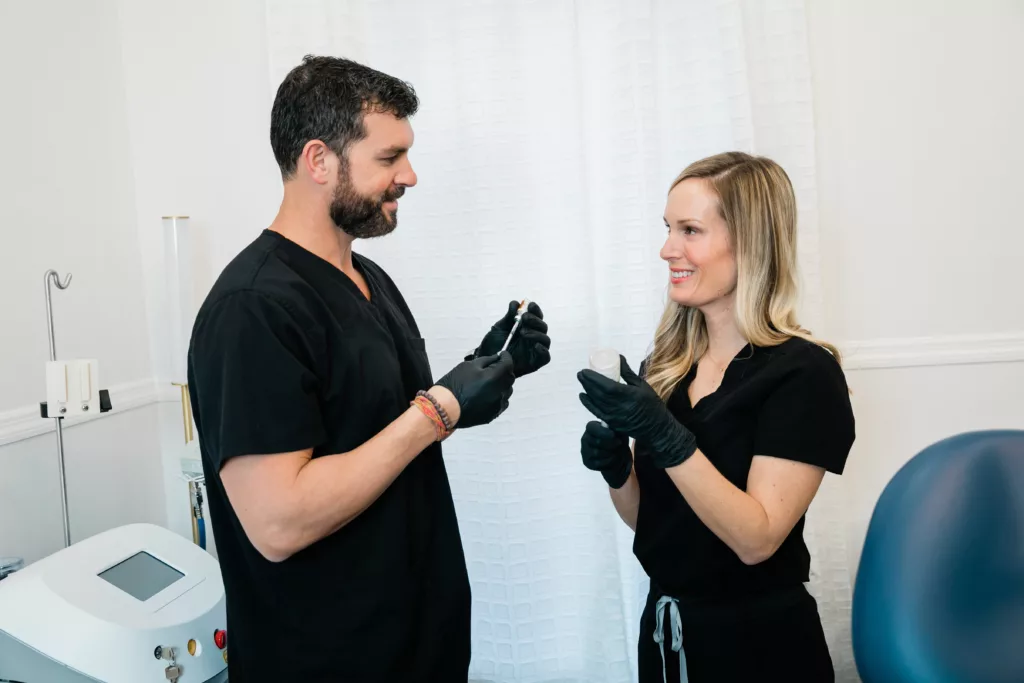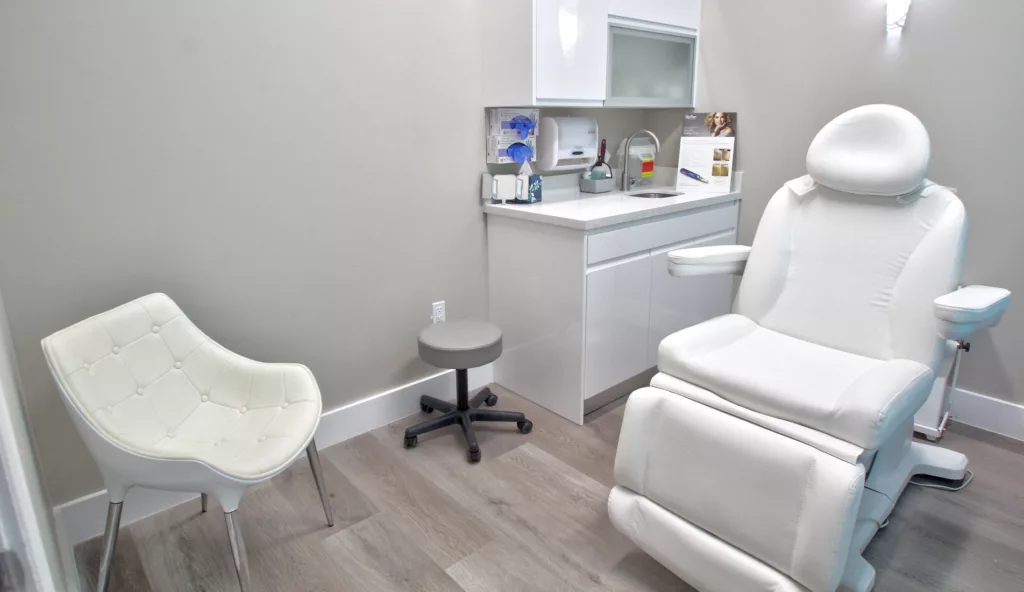Mark Levine has seen it all when it comes to dental practice transitions. As a Principal at CLA – Dallas, he's worked extensively with MSOs and DSOs on transactions, structure and entity formation, and finance and taxes. We caught up with Mark over coffee to learn what single and small multi-group practices need to know about today's market.
Understanding Integration
Integration refers to the crucial months after signing a partnership agreement with a DSO. This period fulfills many dentists' primary motivation for partnering: having an outside expert take over management systems and business operations. However, integration can also present unexpected challenges, particularly around tax structure changes.
The Reality of Tax Structure Changes
Many practice owners are surprised that they don't fully understand their current tax structure. Whether you're registered as an LLC, S-Corp, or both becomes crucial information during a DSO partnership. While you may have delegated these decisions to your accountant in the past, understanding your structure becomes essential during integration.
DSOs often need to change a practice's tax structure for regulatory reasons or other relevant factors. These changes can come as a surprise because:
- Tax structure changes might not be discussed during due diligence
- The DSO's focus during evaluation is primarily on economics and strategic fit
- Changes may require unexpected signatures, including from spouses in community property states
- New tax elections often have strict filing deadlines
- DSO accounting teams may need to process multiple elections simultaneously
- Some changes require coordination between multiple parties
- Documentation requirements can vary by state
Preparing for a Smooth Transition
The integration period will bring many changes, but understanding your tax situation beforehand can help you navigate the transition successfully. Work closely with your current accountant to understand your structure and document all relevant details. When meeting with potential DSO partners, ask specific questions about their approach to tax structure changes and who will manage the transition process.
Moving Forward
Remember that joining a DSO should benefit both parties. While they'll handle many administrative aspects, your understanding and cooperation during tax structure changes can significantly smooth the transition process. The more you know about your current structure and potential changes, the better equipped you'll be to work with your new partner's team.



